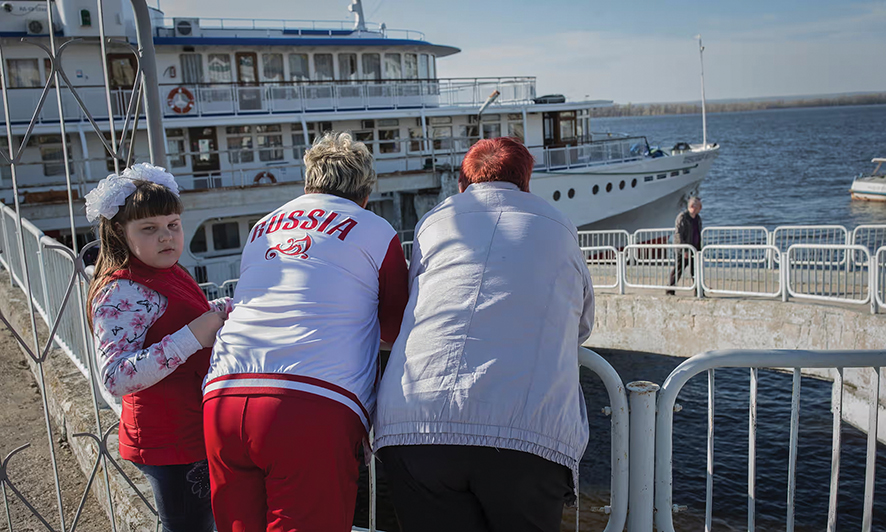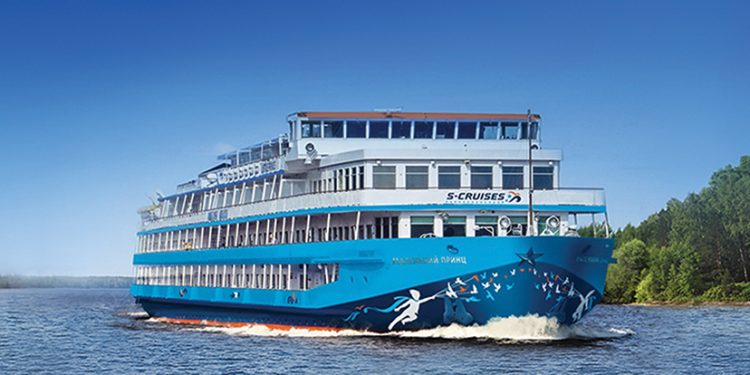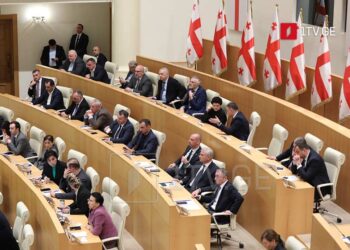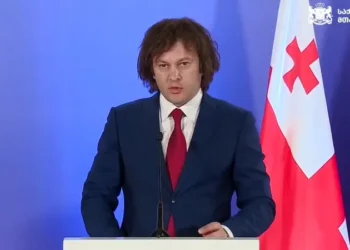Volumes have been written about the philosophy, sociology and psychology of war per se. The best minds of humankind have described the brutality of wars and the meanness of historical war-mongers.
The world is familiar with the tragic statistical veracity produced by continuous warfare from time immemorial to now, and all in vain: Man, still killing Man, refuses to make reasonable conclusions from the bygone carnage and devastations.
And the slaughter of humans for preposterous reasons persists as the 21st century moves well into its years. I don’t have to go very far to find corroboration for those trivial, yet very topical thoughts and words. At this very moment, I am a little away from the Russian capital, aboard a cruiser, sailing down the gorgeous Volga River. The vessel is packed full with ready-to-rock-and-roll, joyful passengers of all ages; a big bunch of Russian middle-class couples and singles enjoying enviable, 5-day touristic fun, indulgently immersing themselves in the luxurious amenities of a comfy, sizable ship called The Little Prince. I have never seen Russian men and women so well dressed, coifed, trimmed and tittivated, all of them clad in modern western apparel and footwear, stylishly rolling their glitzy suitcases to their cabins, where further pleasures are in store for them. The greatest venue of this pleasurable pastime and gratifying standard of living is the dining hall, where food and service are on the level of the best American cruises of the sort, complete with a glass or two of courtesy champagne and vodka. Laughing and merry-making are ubiquitous, and birthdays are celebrated too.
The impression is that these happy dwellers of The Little Prince, anchored at Kostroma right now, don’t even have a clue that just 457 miles away from here, bloody clashes are taking place in the vicinity of Kursk between Russian and Ukrainian forces, Man relentlessly annihilating Man, to say nothing of the rest of the war theater. These happy passengers may well be aware that Russia has its daggers drawn against Ukraine, but they seem to be taking the dire reality with amazing nonchalance, if not with a veneer of morbid indifference.

We hear about the war more often and with higher intensity in Georgia than they do here in Russia. The Russian means of mass communication certainly talk about it, but it is far from the main topic on the hundreds of various television and radio stations. Indeed, the country is living its regular life, and mass media continues to reflect that life as it happens.
Yet, we have to recognize that the people of this country can’t help it: they want to be happy, and they don’t want to give up on the chance to build a better life for themselves and their children. They might know that war is bad, but they also know that being alive and having fun is good. This paradox begets the cruel cynicism with which the entire world eyes this absurd war, its having already taken hundreds of thousands of young lives. War? Why should I care as long as my son, dad or brother are safe from it? Somebody’s dying? So what? The level of cynical evaluation of this contemporary tragedy is mind-boggling. Understandably, Russia cannot shut down. Even in devastated Ukraine, people are eating, drinking and multiplying, notwithstanding the level of human misfortune. In a word, most of the world, including the country where I am right now, seems to be taking it easy.
Any war is full of cruelty, and we humans are used to it, but the cruelty of the cynicism that is seen through the entire destructive process is something heavier, and heavier it is because war is war, but our attitude towards war is part of our morality – either lofty or base.
BLOG by Nugzar B. Ruhadze














